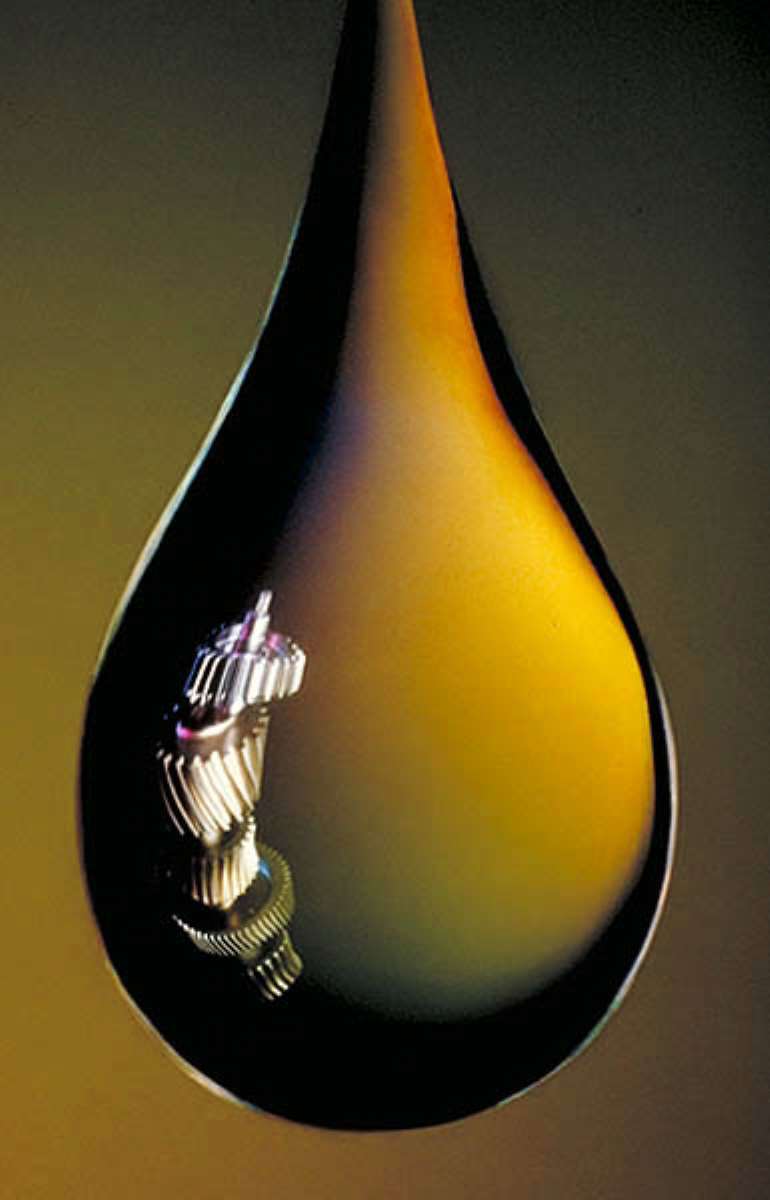FUEL SUBSIDY REMOVAL: FG EXPLORES 3 OPTIONS

President Goodlukc Jonathan might have made up his mind to deregulate the downstream sector of the oil and gas industry, as it may not really matter what the public hold against the policy which has the removal of subsidies on petroleum product as a fundamental element.
'The President has made up his mind on this subject of fuel subsidy removal; to him it is time a Nigerian leader makes the hard decision on deregulating the downstream industry and President Jonathan is prepared to make that decision,' a source in the Presidency told Daily Sun.
And to buttress the readiness of the Jonathan administration to go ahead and implement the policy, the source said the government is tinkering with three options for the actualization of the deregulation policy. The there options are: once off deregulation, phased deregulation or deregulation by appropriation.
'The PPPRA is most likely to mid-wife the deregulation policy on behalf of the federal government,' said the source who preferred to remain anonymous. 'This government agency will have to hold dialogue with all stakeholders to aid the in the choice of the appropriate modality,' he added.
A part of the draft of the modality obtained by Daily Sun indicated that under the 'Once Off Deregulation' option 'government and all stakeholders would meet and decide on the appropriate period to commence the full deregulation of the sector.'
But to ensure the smooth implementation of this modality, it was suggested that 'appropriate measures should be put in place which may include building of adequate Fuel Reserve, securing and making the pipeline network function optimally, providing various cushioning measures as may be necessary and agreed to by all stakeholders.'
The next option the government is tinkering with is 'Phased Deregulation' and it was suggested that 'stakeholders in conjunction with the government will progressively determine in line with the trends in market fundamentals the quantum of subsidy the government will contribute for the pre-determined periods.'
Phased deregulation, the government said would obviously result in the 'privatizing some or all the refineries for improved and sustained performance.'
Under this modality, the Federal Government plans to implement other cushioning measures that will mitigate the impact on the masses, while monitored economic indices are matched against the pre-determined periods from time to time to ensure feasibility of the implementation.
The third modality is 'Deregulation by Appropriation.''In this case, the projected amount of annual subsidy required is determined by the government, and the empirically determined amount is then appropriated by the National Assembly,' the government proposal said.
The implementation during the year would be reviewed and advised by the PPPRA.
Government defended its decision to deregulate the industry based on the fact that 'the huge subsidy being paid by the government on petroleum products has constrained government spending on the development of adequate infrastructural facilities and depletion of national revenue profile.'
'It encourages inefficient utilization of resources and product smuggling across the borders,' the government said in the document obtained by The SUN.
'The consumers of kerosene for instance do not buy the product at a regulated/subsidized price set by the government due to distribution bottlenecks, multiple handling and malpractices by Marketers. And fuel subsidy does not encourage healthy competitions among operators as the regulatory environment is controlled by the government,' the government added justifying the need to hands-off fuel subsidy.
